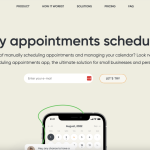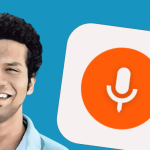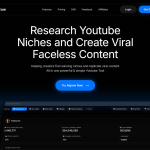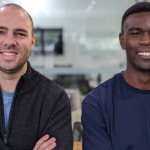Olga Marekova never set out to become a founder. In fact, she wasn’t looking to build anything at all—she just wanted a service to exist that could help people get compensation when their flights were delayed or cancelled. When she realised most passengers were entitled to hundreds of euros and had no idea how to claim it, she started helping friends for free. That eventually turned into Flywize, a bootstrapped SaaS that now brings in $7.5K/month.
Olga first got the idea when she was 18, during her first ever flight. The fear of lost luggage and the inability to communicate in English made her hyper-aware of how difficult travel disruptions could be for many people. Years later, while studying Airport and Aviation Management in the UK, she learned how airline compensation actually worked. It was a lightbulb moment.
She began helping friends, then friends of friends. There was no grand launch, just a Wix website and a Facebook post. Still, it was enough to get started.
The funny thing is that this idea started when I was 18, but I only began working on it when I was 25.
Olga Marekova
Early Mistakes, Early Lessons
The first version of Flywize was rough. Olga built it on Wix for €200, hired a Fiverr freelancer for another €100, and spent €200 on a trademark and basic marketing. Her background in hospitality meant she was no stranger to hard work. Most mornings started at 4 a.m. before her restaurant shifts.
Building the proper version of the platform took seven months. She didn’t know how to delegate tasks or manage a dev team. But the problems she solved on day one gave her the confidence to tackle harder ones later. “There are always unanswered questions,” she says, “and as a founder, you just learn to deal with them.”
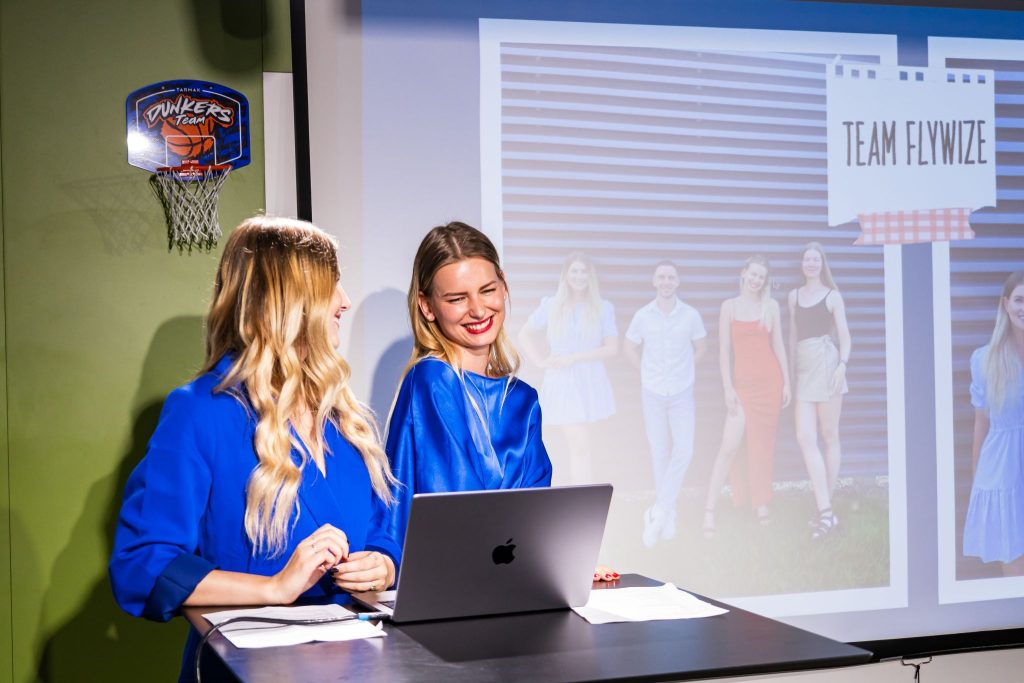
There was no real go-to-market plan. Olga shared the service on Facebook, and word of mouth brought in her first customers. She helped over 100 people for free in the early days, and those efforts turned into referrals.
Revenue came slowly—her first invoice wasn’t sent until five months after she registered the business. But Flywize began to find its footing. The team grew, the product matured, and marketing finally became part of the strategy, albeit still a work in progress.
Flywize now helps recover €20-30K per month in airline compensation, taking a 30% cut. It has served over 2,000 passengers, mainly in Europe, and recently expanded to help users in the UK and US.
At one point, Olga hired five people at once—without the financial planning to support it. Operating costs soared, and within five months she was on the verge of collapse. She cut the team down to three and worked tirelessly to stabilise things. The company is now breaking even, reinvesting all revenue into tech and service improvement.
Flywize doubled revenue in the past year, with minimal paid marketing. Most growth came from recommendations and simple customer service. The team now plans to enter five new markets and aims to handle €1.5-2M in compensation next year.
But after building this business for two years now, I’ve realized that there will always be unanswered questions, and as a founder, you need to find solutions for them. What seems like a big issue today will feel like an easy task tomorrow because there will always be a harder challenge waiting.
Olga Marekova
Olga’s story isn’t one of explosive VC-funded growth or overnight success. It’s a slow, bootstrapped climb built on early mornings, side jobs, and lots of trial and error. Her advice to early-stage founders?
Don’t compare yourself to VC-backed startups. Don’t expect to get it all right on the first try. And don’t assume you’re the only one who doesn’t have the answers.
In a noisy space filled with big promises, Flywize shows that you can still build a real business just by solving a real problem.


